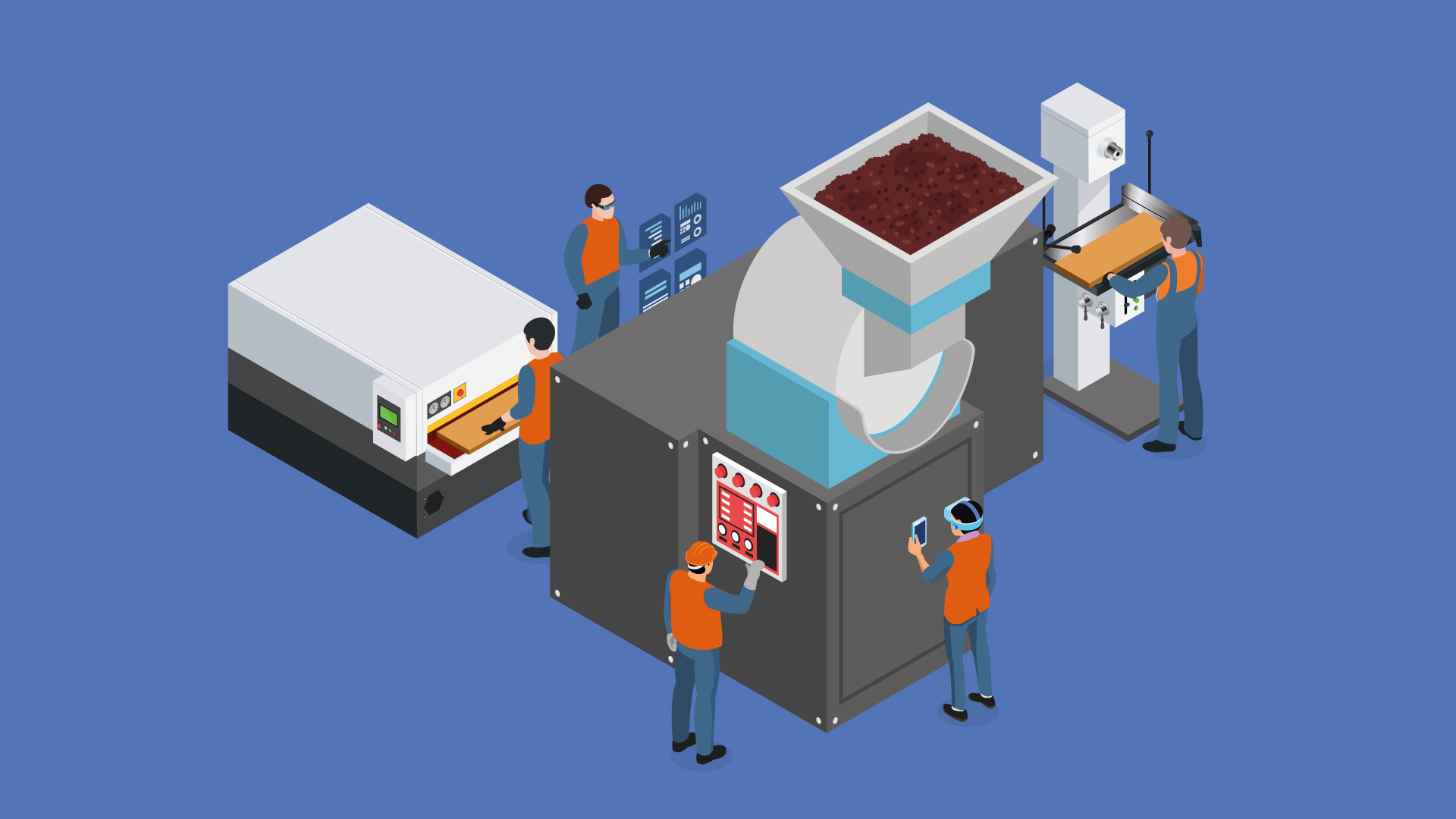There is no doubt that we are living in an unprecedented time. The COVID-19 pandemic has not only disrupted the day to day activities of the people but also the businesses across sectors including Field Service. It has become inevitable for field service companies to adapt to the new norm of social distancing and technologies that can elevate the operations and productivity for their workers and clients.
This blog will shed a light on Top 5 tech trends in the Field Services that we will be witnessing in the latter half of the year and beyond that.
Big Data and Machine Learning for Predictive Maintenance
Predictive Analytics can help field service companies to find anomalies in the machine before they break down at the manufacturing unit. This can significantly save time and cost. Cutting-edge tools for predicting such scenarios can be done with the help of Machine Learning. In order to implement it, a machine learning model is trained to capture equipment behaviour at the customer’s workplace, which is further cleaned to record important data points like prior repair, temperature and operating conditions. This helps the Machine Learning model to develop prediction accuracy that can be further communicated to the clients who can then decide if the machine needs to be replaced or upgraded.
Optimizing Field Service Management with Augmented Reality
Field engineers often face the challenge of repairing complex machinery, especially when a novice technician is sent to the manufacturing unit to fix the issue. In such cases, the field engineers take help from the remote experts to help them guide through the maintenance process; however, this can be problematic as workers may find it difficult to co-ordinate and communicate using a hand-held device or look at the manuals as instructed by their remote supervisors. This is where Augmented Reality comes into place where a fieldworker can wear a head-mounted device having AR capability and can visualize manuals, real-time 3D annotations, digital workflow to carry on the troubleshooting process seamlessly.
Greater demand for cloud computing capabilities
According to Gartner, SaaS remains the largest segment of the cloud services market to significantly grow and by 2021 this will account for 45% of all software options.
Field service companies are facing a burden on their IT infrastructure like never before. Cloud computing software like Saas, PaaS and IaaS can help field service providers to become more efficient and productive as they can easily store tons of data like procurement of new machinery, billing and invoicing, technician dispatch and work order management.
Smart Uniforms for advanced tracking
An easy half an hour job might turn into a 2-hours of strenuous work. Field service providers often encounter such health issues from their operators. In such cases, there is a need for hardware that can measure a worker’s fatigue level when they are out doing the repair and maintenance work. This can result in the safety of the field service professionals and fewer accidents. For example, Fujitsu came out with their FEELythm wearable sensor that offers a similar kind of alert capability for fleet vehicle operators who wear the device on their neck.
A diverse set of workforces
With most of the field service professionals meeting the retirement age, the demand for a new set of field workers will grow enormously. In order to meet the demand, companies need to embrace new technologies like apps, drones, 3D printing, robotics to attract the desired pool talent. Field service companies should also consider how they can leverage the gig economy.


